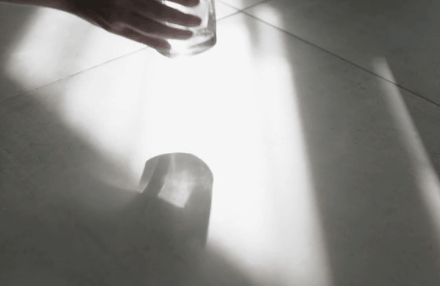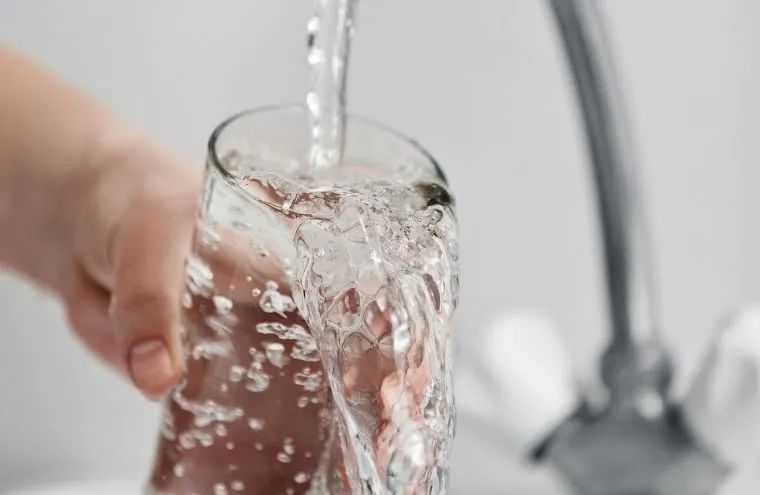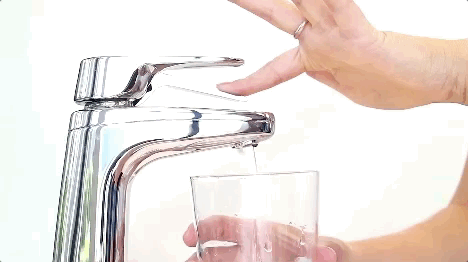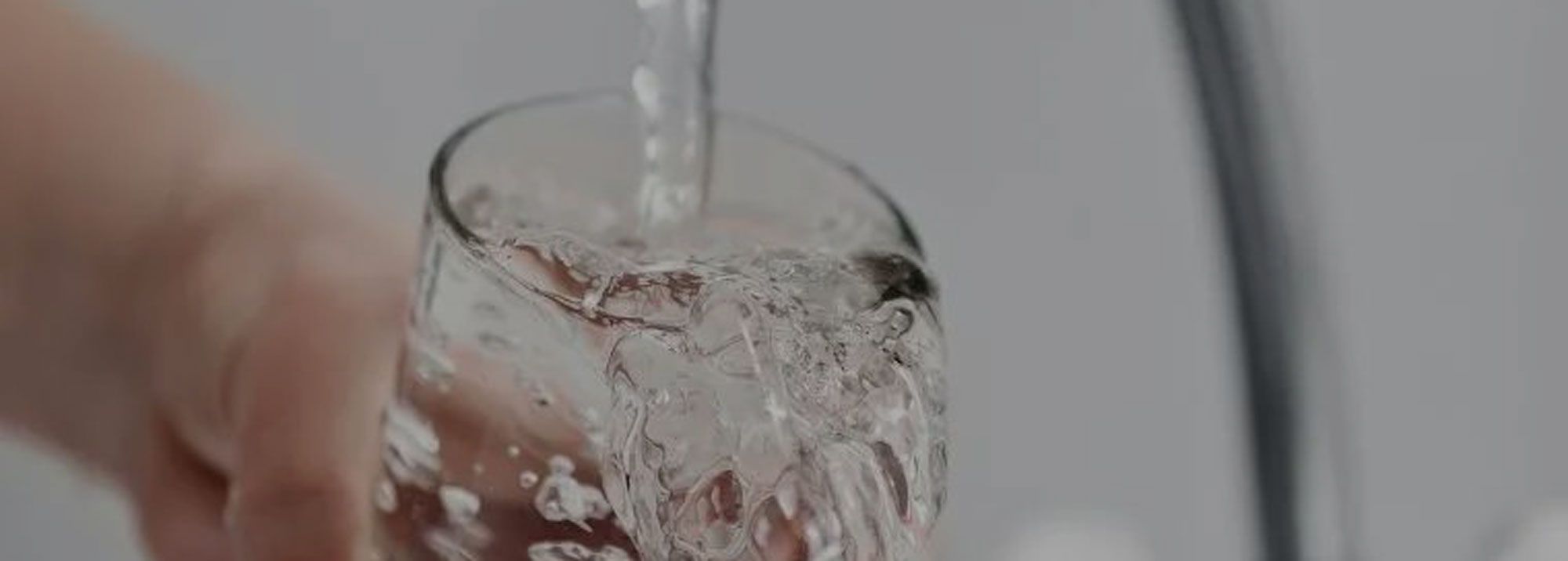Water is the source of all life. It is the most important liquid in our ecosystem – all plants, insects, animals and people need it to survive. Besides needing it to live, water is essential for good health. It makes up the majority of people’s body weight and contributes to many important body functions, like flushing out waste, regulating temperature and helping the brain work properly.

So, what happens when people do not drink enough water? Dehydration occurs when the body uses or loses more fluid than it takes in, and it can cause a number of health problems. Some of the main side effects of lack of sufficient water include:
Constipation
Water receptors in the colon, the longest part of the large intestine that connects the small intestine and the anus, pull water from the body making stool softer. Without enough water stools become hard, leading to irregular bowel movements and abdominal pain.
Kidney issue
An inadequate amount of water in the body can cause a build-up of waste and clog kidneys from functioning properly. It can also lead to kidney stones, which are hard deposits of minerals and acid salts that stick together and are often difficult and painful to flush out of the body through urine.

Thrombosis
This condition, which causes swelling in the leg and numbness of the body, occurs when blood clots block veins or arteries. Veins carry blood from the body back into the heart and arteries carry oxygen-rich blood away from the heart to the body. When the body has enough water, blood flows more freely and helps prevent strokes and heart attacks.
Joint pain
Water helps keep joints lubricated. Synovial fluid, the thick liquid located between joints, cushions the joints and cartilage surrounding them, keeping bones from rubbing together. Also, since muscle tissue consists mostly of water and muscles protect joints, dehydration can hinder muscles from contracting.

Clearly, not drinking enough water can be harmful to your health. So how much water should people drink each day?

The amount of water each person needs is different and depends on many factors, including their health and how active they are. Importantly, people lose water every through breathing, perspiration, urine and bowel movements, and it must be replenished continuously. If feeling thirsty, the body has started to dehydrate. Two signs of adequate water intake to maintain good health are rarely being thirsty and urine that is colorless or light yellow.

Water quality is also essential to maintain good health. Water purifiers remove unwanted contaminations from water, making it better and safer to drink.

Life Solutions’ water purification equipment is ideal for healthy drinking water. Its reverse osmosis system not only removes impurities like rust, bacteria and viruses, but removes heavy metals, pesticides and other harmful substances, as well.

All of Life Solutions’ products meet the CCC certification of Chinese consumer goods, and the filter products exceed the Chinese CJ94-5000 drinking water industry standard. In addition, all of its water filters have obtained the NSF certification that is recognized internationally.

Most notably, Life Solutions’ technicians regularly replace the filters and maintain the systems to ensure they are operating effectively and efficiently. The technicians are on standby 24 hours a day to provide high-quality products and professional services.

Whether large, medium or small-scale water purification equipment is needed, they provide customized solutions to address the specific needs and space of their customers – always ensuring clean, flavorful water to help maintain good health.
Reference
[1]孙川.身体缺水危害大 科学补水最重要[J].开卷有益-求医问药,2019(04):32-34.
[2]覃光林. 有些疾病的原因只是身体缺水[J]. 中国保健食品, 2015.
[3]王兴旺. 多喝水可缓解关节疼痛[J]. 健康必读:健康新语, 2015(5):1.
[4]严英. 谨防”水中毒”[J]. 科学养生, 1998(3):1.
[5]王祥生. 不良喝水习惯容易伤肾[J]. 家庭医药:快乐养生, 2019(11):1.
[6]张惠. 饮料不能代替水[J]. 中国健康月刊, 1995(12).
[7]本刊编辑部.喝“水”的学问[J].中国三峡,2009(09):77-80.
[8]李艳鸣. 喝水也有大学问[J]. 科学之友, 2012(8):1.
[9]刘建成.家用净水器对生活饮用水进行过滤效果分析[J].中国卫生标准管理,2019,10(09):40-42.
Image credit:pexels.com



